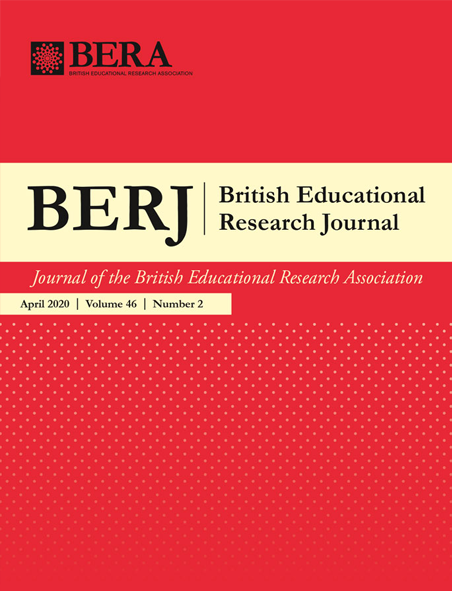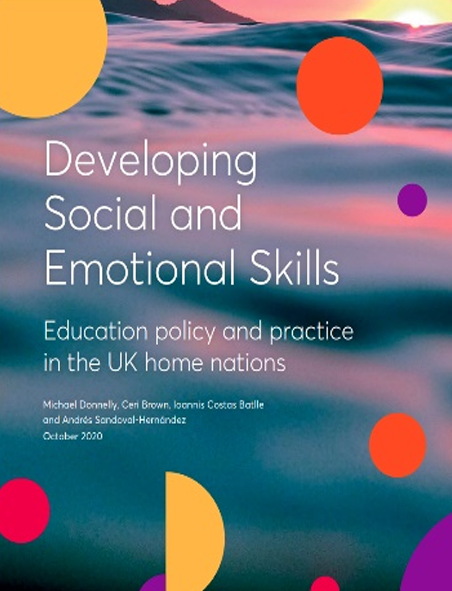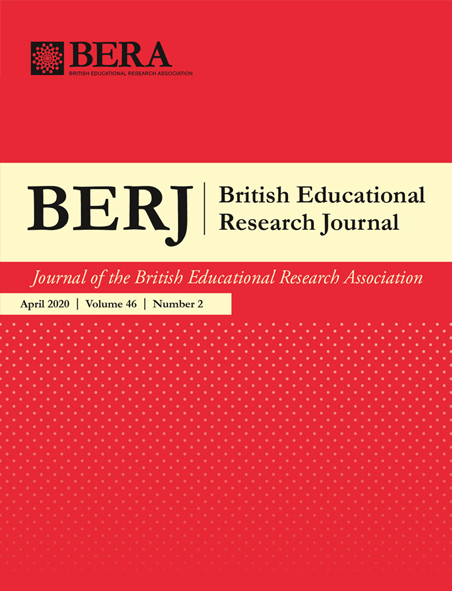Research
Find out about the research studies from which Connected Belonging emerges.

Article: Connected Belonging: A relational andidentity- based approach to schools' role inpromoting child wellbeing
This paper advances an original approach to school well-being support, which we call Connected Belonging. The approach links identity-building and affirmation to wellbeing through strengthening students' sense of belonging across the different arenas of their daily lives. Its focus on building connection across these social domains provides young people with identity resources such as trust and validation, ultimately generating a meaningful sense of belonging. We argue that policymakers must find ways to adapt current strategies and schooling regimes to ensure that school leaders have space and opportunity to engage with wellbeing policy and practice. Given the clear links between students 'wellbeing, their engagement with school life and educational achievement, we highlight as a priority policy directions that counter the impetus towards competition and academic results and instead foster collaboration and broader notions of success.

Article: Nesta: Developing Social and Emotional Skills
This review of UK school wellbeing policy analysed both government policy documents and educators’ views on school wellbeing policies and strategies.
Findings identified two distinctive policy approaches to school wellbeing support: individualistic framings emphasising skill development and coping skills and collaborative approaches emphasising the role of the community and support structures around the child. The individualistic framing dominated policy approaches across the UK, but especially in England, while policy in in the home nations also included more collaborative elements. For example, Welsh policy reflected elements of an identity approach, Northern Ireland of an ethical values approach, and Scotland of a capital-based approach. Read more:

Article: From resilience to wellbeing: Identity-building as an alternative framework for schools’ role in promoting children’s mental health.
Overview: An Australian-based study exploring school wellbeing strategies that build and affirm young people’s social and cultural identities. Creative methods were used to explore perceptions of social and cultural identity and wellbeing for Indigenous young people.
Findings highlighted the importance of supporting cultural identity in wellbeing support for marginalised groups.
Links are drawn between the findings from English and Australian children’s views about what makes for a positive school wellbeing approach.

Article: 'Policy traction' on social and emotional wellbeing: comparing the education systems of England, Wales, Scotland and Northern Ireland
Overview: This three-year EU funded study aimed to understand the risk factors to Early School leaving before trialling and evaluating interventions to tackle ESL. The study, across 5 EU nations, involved literature review, interviews, focus groups and surveys with young people who were NEET or at risk of ESL, and their educators.
Findings highlighted the importance of supporting cultural identity in wellbeing support for marginalised groups.

Article: Push on through: Children’s perspectives on the narratives of resilience in schools identified for intensive mental health promotion
This study explored school students’ perspectives on Mental Health concepts (ie resilience, wellbeing) in 7 secondary schools in South West England. Students photographed and shared images reflecting their ideas about what key concepts signified for them. These images were used to stimulate focus group discussion to further explore their views.
Findings highlighted the limitations of current school-based approaches. Young people felt school messages framed ‘resilience’ in terms of individual ability to cope with academic failure and ‘push on through’ to achieved success. Young people called for support around the social and affective aspects of wellbeing, and flagged the centrality of self acceptance and authenticity.
